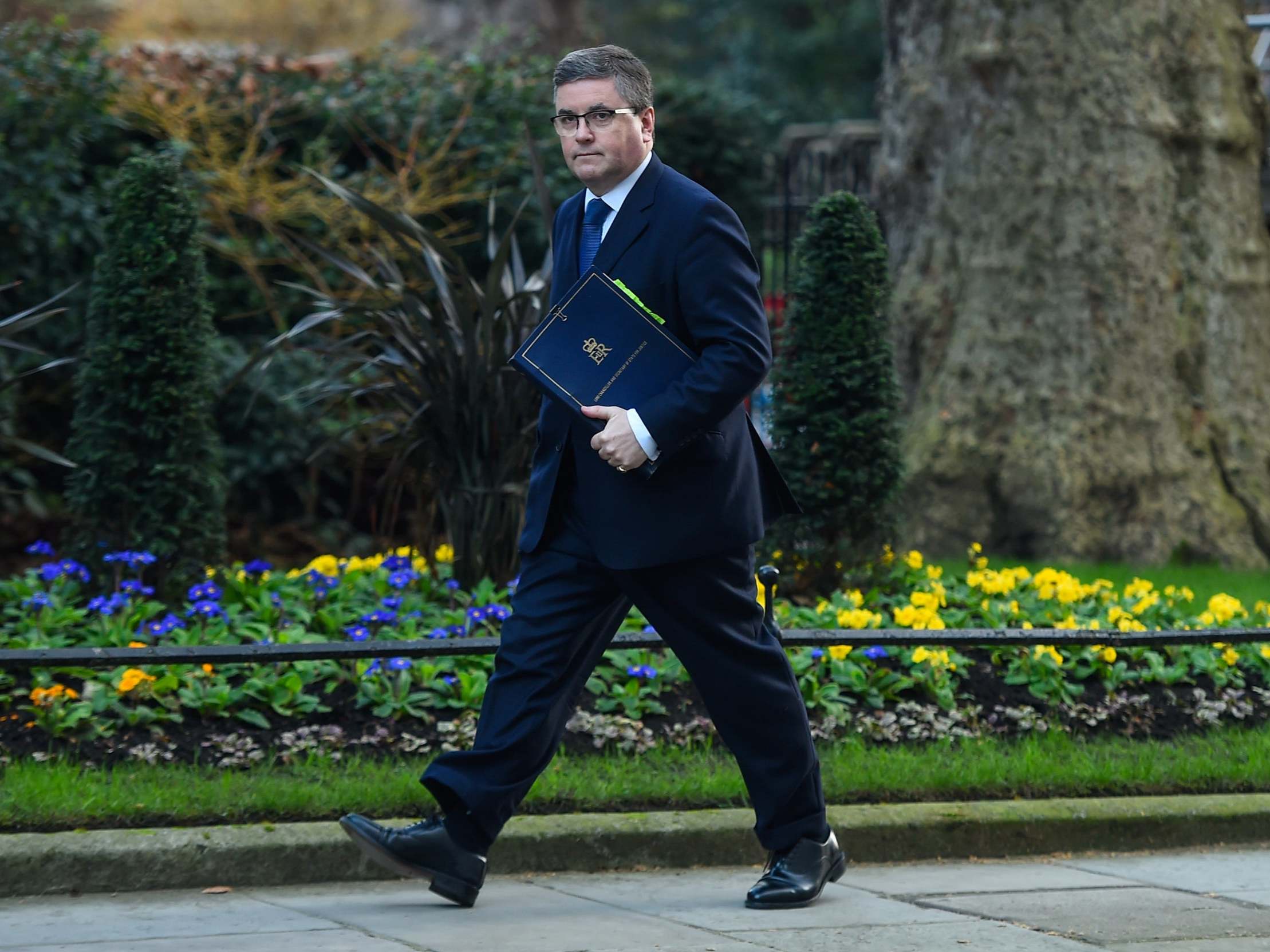Coronavirus: 10 'Nightingale courts' to be opened in other buildings amid backlog of half a million cases
Government considering legal changes to increase the number of jury trials that can be held

At least 10 buildings are to be repurposed as courtrooms as authorities battle a backlog of more than half a million cases, the government has announced.
Officials are scoping out further premises, including university lecture theatres, conference centres and sports facilities, that are large enough to enable social distancing at hearings.
A HM Courts and Tribunals Service document said the “alternative venues” would start operating in August and expand into autumn.
Half of all courts were closed and all jury trials were stopped because of the UK’s coronavirus lockdown in March.
Although remote hearings have increased and trials have restarted in some courts, safety requirements have drastically reduced capacity and forced lengthy adjournments.
Some trials are not expected to start until December 2021, amid warnings that victims may drop out of delayed prosecutions.
The number of cases waiting to be heard by magistrates shot up by a fifth between March and May to around 484,000, according to Ministry of Justice data, while the number of outstanding crown court cases rose by 4 per cent to around 41,000.
An official report published this week said the backlog could take 10 years to clear if cases are heard at pre-pandemic rates.
"Court sittings and courtroom capacity with social distancing requirements will not allow for reduction of the existing backlog,” said HM Crown Prosecution Service Inspectorate.
"Without some innovative thinking and solutions, the challenge of addressing the backlog is likely to be much more complex than dealing with the immediate crisis.“
The justice secretary claimed the backlog was “not extraordinary” on Wednesday, but acknowledged that the speed of its increase was.
“We should be proud of this but there is work to be done to get back on track,” Robert Buckland said.
“I have already identified 10 additional sites for so-called Nightingale courts to allow for better social distancing.
“We are looking at whether courts will need to stay open for longer to increase the number of cases that can be heard safely on any given day.
“The standard of video technology continues to improve, with new tech being rolled out across all courts from this week, and I am exploring means of getting jury trials moving at pace once more.”
The Lord Chief Justice, who is the most senior judge in England and Wales has publicly backed radical measures including reducing juror numbers and removing the right to a jury trial from some cases.
“If we are in something approaching the same position in four, five, six months or more then the government and parliament has a difficult choice,” Lord Burnett previously said.
“Do we conduct these trials in a way that ordinarily wouldn’t be thought appropriate or are we content for them simply to be put off for a very long period?”
The government has not committed to making any legal changes that would enable fewer trials with a smaller number of jurors.
The Criminal Bar Association said a recent survey revealed 93 per cent of practising criminal barristers rejected further government cuts to jury trials, but 95 per cent backed a proposal to increase court capacity by opening “Nightingale courts”.
Europe emerges from lockdowns across the continent
Show all 19The Law Society, which represents solicitors, has backed calls not to curtail trial by jury in response to the pandemic, arguing that backlogs can be addressed by other means.
Mr Buckland said up to 90 per cent of court and tribunal hearings during the UK’s coronavirus lockdown were accessed remotely and that video technology had been increased.
He said the crisis “demands a new perspective on the way we deliver justice” and that £142m funding would be used to improve more than 100 courts and give 750 further courtrooms the capability to hold remote hearings.
“Coronavirus will continue to have short-term implications and parts of the justice system will operate differently for some time,” the justice secretary said.
“It is possible to make this recovery a renewal for justice in our country. Getting it right could mean a system that not only emerges intact from this crisis, but is fundamentally more efficient, more dynamic and more resilient.”
The Lord Chief Justice said that the criminal justice system in England and Wales had managed to deal with more cases than “similar jurisdictions” abroad.
He said the government had committed to lifting caps on court sitting days that were blamed for increasing case backlogs long before coronavirus struck, and that fee-paid judges can be used to fill gaps.
“It is now all hands to the pump,” Lord Burnett added. “Local leadership judges will be looking to list creatively and to stagger and extend sitting times, with the potential to start hearings at different times of day and to sit at weekends.”
Those plans are likely to be resisted by some legal associations, who say their members already work during evenings and weekends to prepare cases.
Subscribe to Independent Premium to bookmark this article
Want to bookmark your favourite articles and stories to read or reference later? Start your Independent Premium subscription today.
